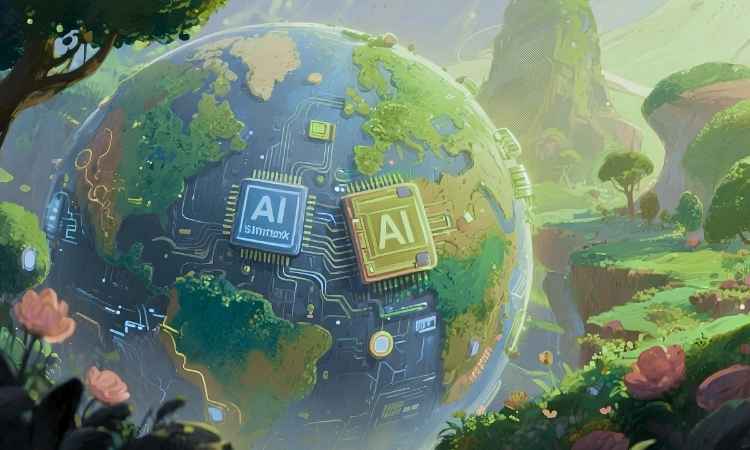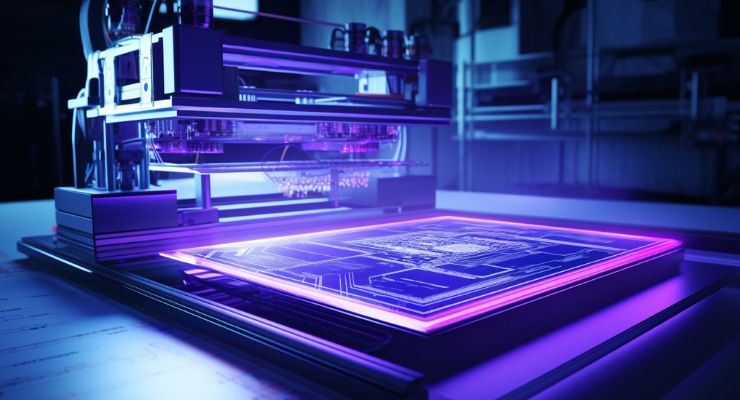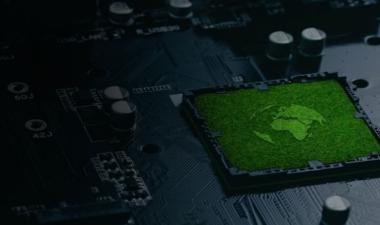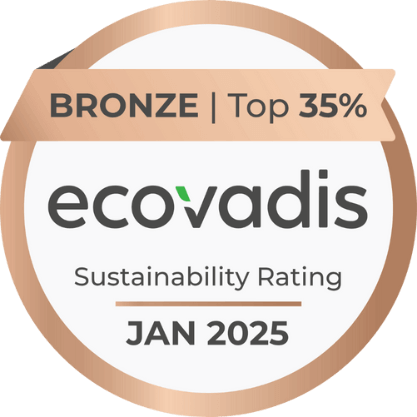EUV Lithography: A Power-Hungry Path to Innovation
The Energy Cost of Technological Advancement
Extreme ultraviolet (EUV) lithography has revolutionized semiconductor manufacturing, enabling the production of smaller, more powerful chips essential for artificial intelligence (AI), high-performance computing, and autonomous driving. However, this technological marvel comes at a significant cost: energy consumption.
EUV tools, the workhorses of advanced chipmaking, are incredibly energy-intensive. They require up to 10.2 gigawatt hours per tool annually, a staggering amount of power that rivals the energy consumption of entire cities. As the number of EUV-equipped fabs continues to grow, the demand for electricity will surge, posing a challenge for power infrastructure and sustainability.
Leading-Edge Fabs
By 2030, the estimated annual electricity consumption for leading-edge fabs could exceed 54,000 gigawatt hours of energy consumption, more than 19 times the amount used by the Las Vegas Strip in a year. This staggering figure highlights the urgent need for sustainable energy solutions to support the growing demands of the semiconductor industry.
Beyond EUV: The Broader Energy Footprint
While EUV tools are the most energy-intensive components of semiconductor fabs, they account for only about 11 percent of the total electricity consumption. Other process tools, facility equipment, and HVAC systems also contribute significantly to the overall energy footprint.
The Road Ahead
The semiconductor industry is at a crossroads. On one hand, EUV lithography is essential for driving innovation and meeting the growing demand for advanced chips. On the other, the energy implications are substantial.
To ensure a sustainable future, the industry will need to invest in energy-efficient technologies, explore renewable energy sources, and collaborate with policymakers to address the challenges of power infrastructure. By doing so, they will be able to extend the power of semiconductors while minimizing their environmental impact.
For more details on the growth of EUV lithography, including a breakdown of the annual electricity consumption of EUV tools in high-volume manufacturing fabs in the top 6 countries, read our full report from TechInsights Senior Sustainability Analyst Lara Chamness.














